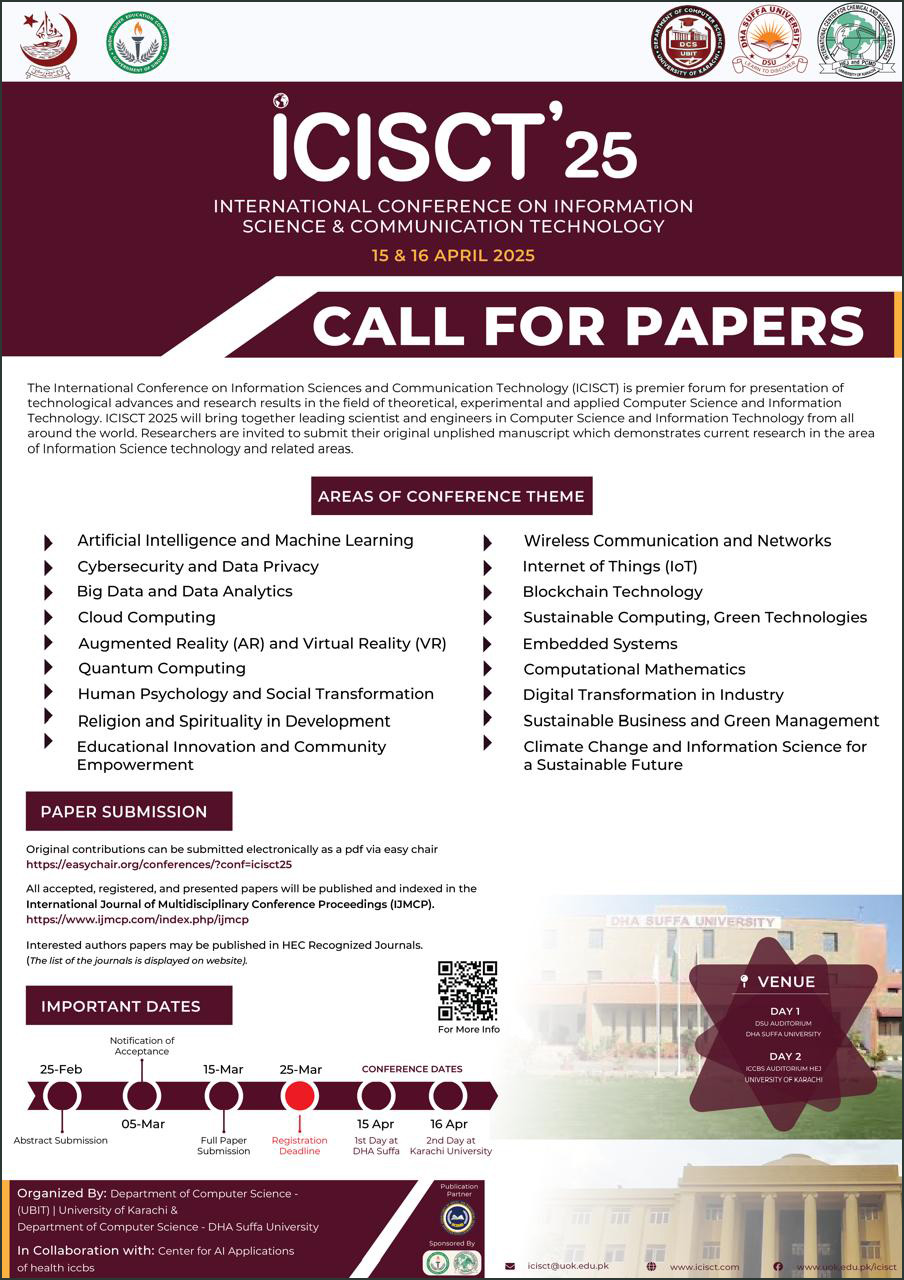Correlational Analysis of Socioeconomic Status (SES) and Interfaith Harmony in Islamabad, Pakistan
DOI:
https://doi.org/10.61503/cissmp.v2i4.102Keywords:
Interfaith Harmony, Socioeconomic Status, Education, Income, PakistanAbstract
Religious acceptance extends beyond mere belief, encompassing the acknowledgment of rights, tolerance of worship freedom, and participation in political and educational realms. This phenomenon aims to foster mutual understanding through embracing diverse beliefs and values. In today's society, marked by escalating political and personal discord, interfaith harmony emerges as a pathway to peace. Embracing religious acceptance implies that coexistence can counter the rising tide of aggression by emphasizing shared elements of peace among different faiths. This study explores the correlation between religion and socioeconomic status (SES) in the context of G-7/2, Islamabad, Pakistan. SES, comprising education and income, was examined for its impact on interfaith harmony. The sample, drawn from the residential population of Muslims and Christians in the neighborhood, revealed a moderately positive correlation of 4.81**. Notably, education emerged as a primary factor, suggesting that enhancing SES could mitigate extremism and intolerance, with education playing a pivotal role in promoting interfaith harmony. These findings underscore the potential for socio-economic interventions to contribute to fostering a more harmonious coexistence among diverse religious communities.
Downloads
Downloads
Published
Issue
Section
License
Contemporary Issues in Social Sciences and Management Practices (CISSMP) licenses published works under a Creative Commons Attribution-NonCommercial (CC BY-NC) 4.0 license.









